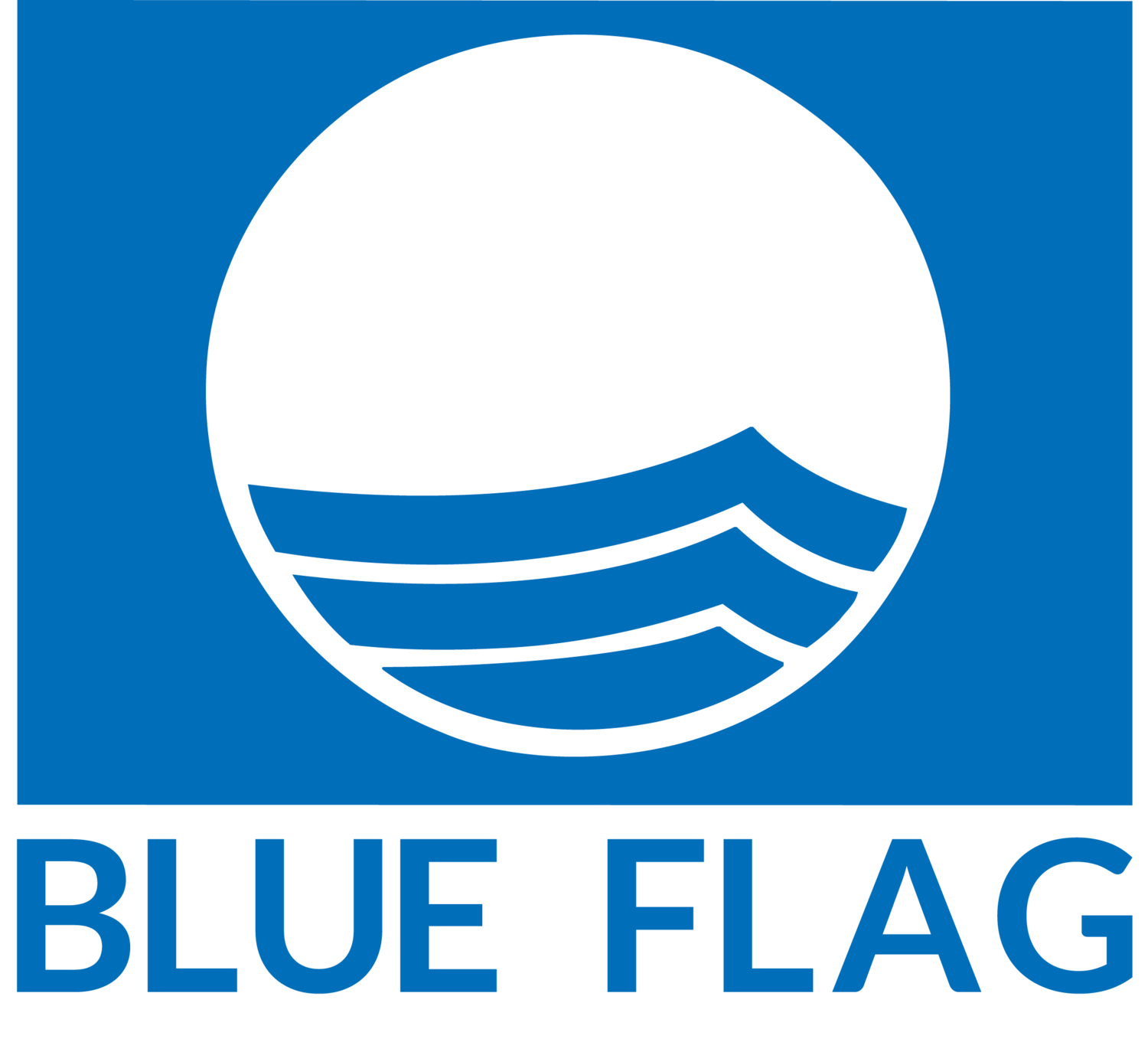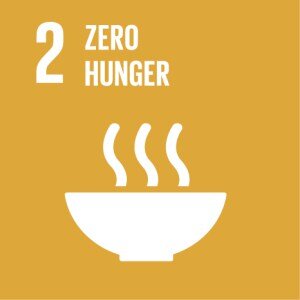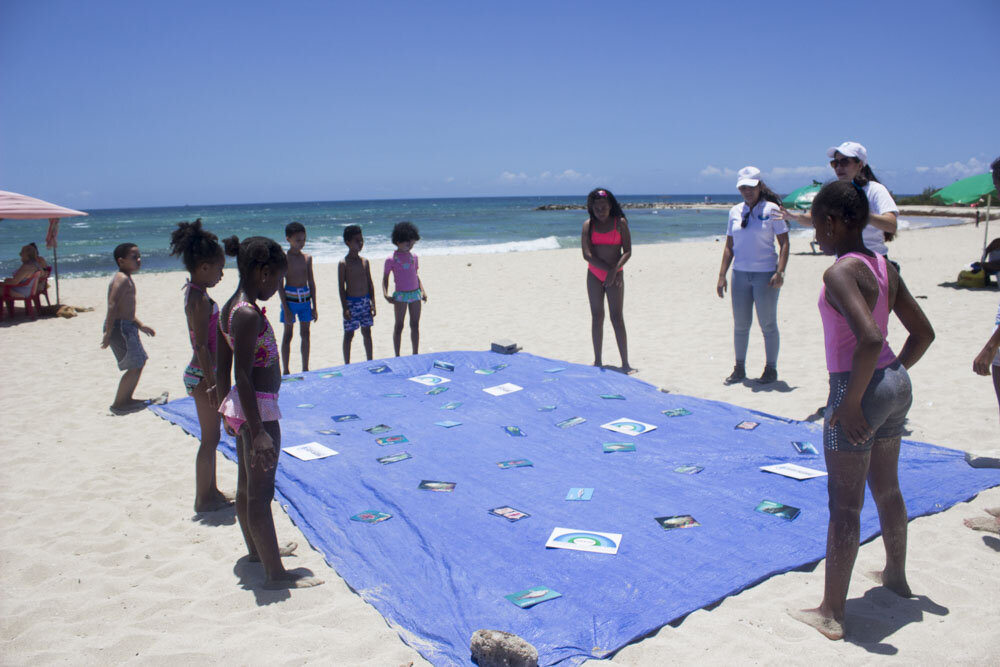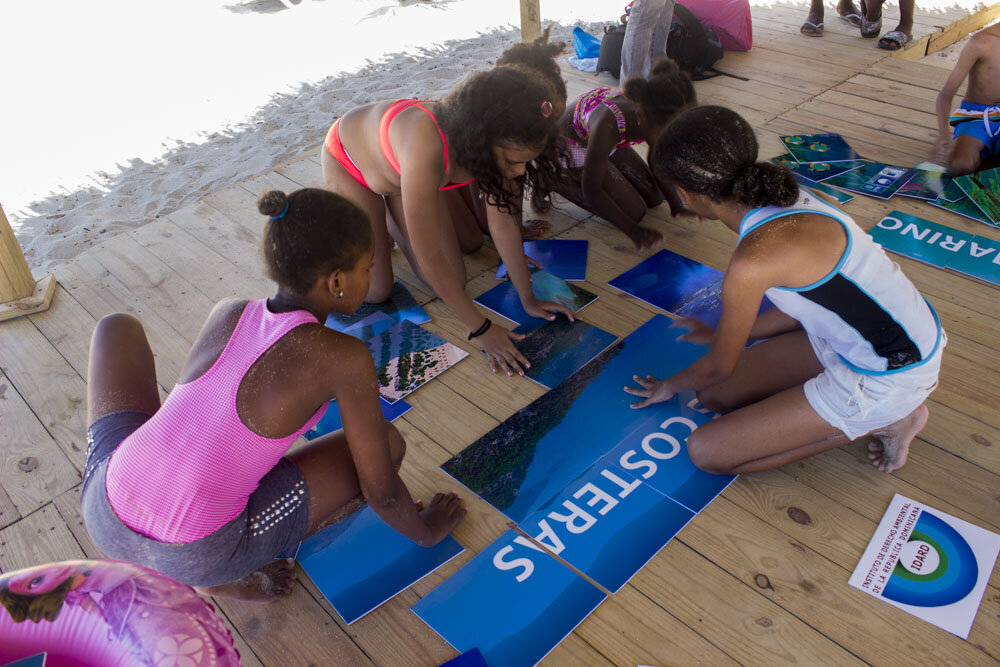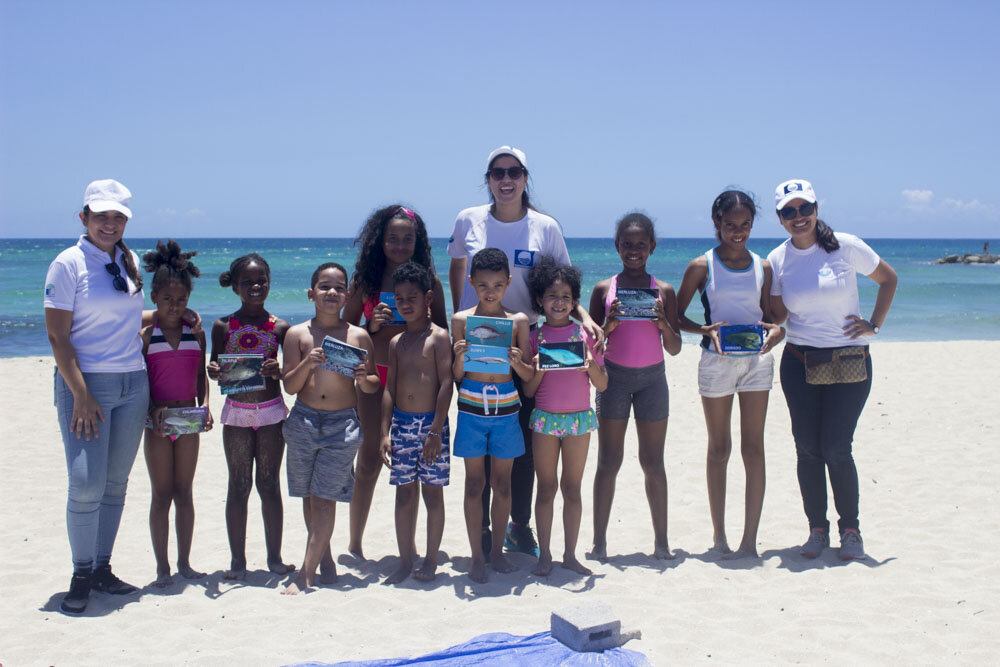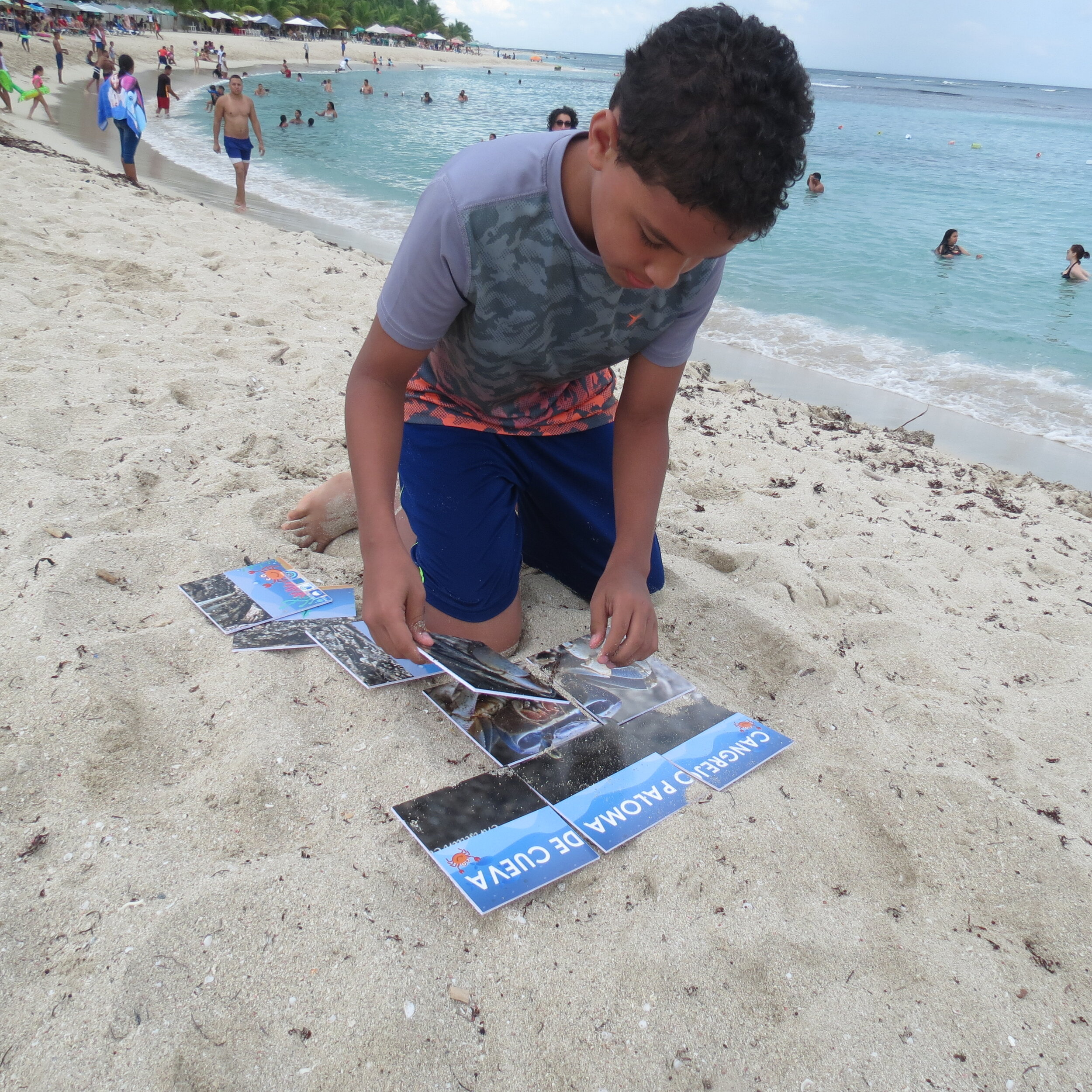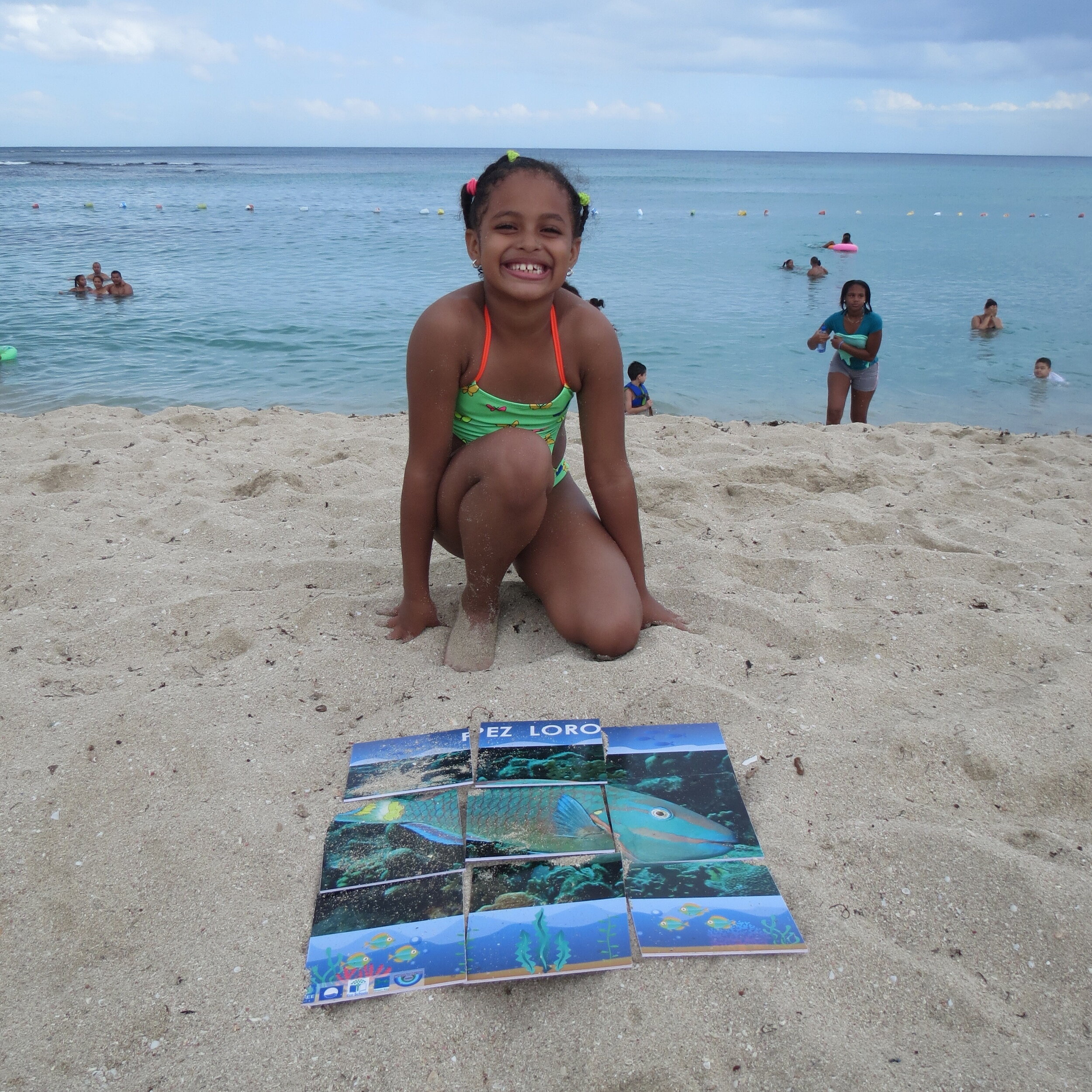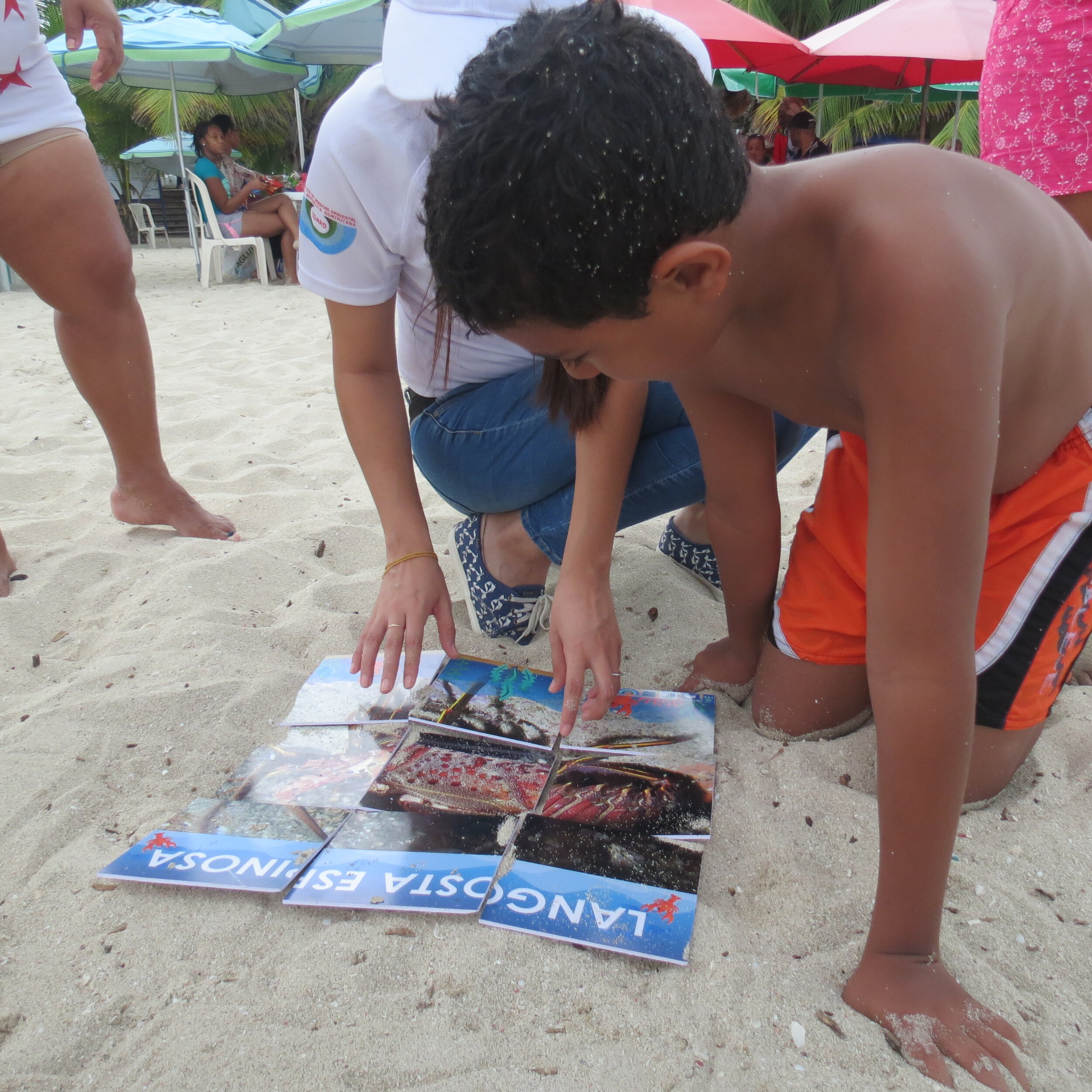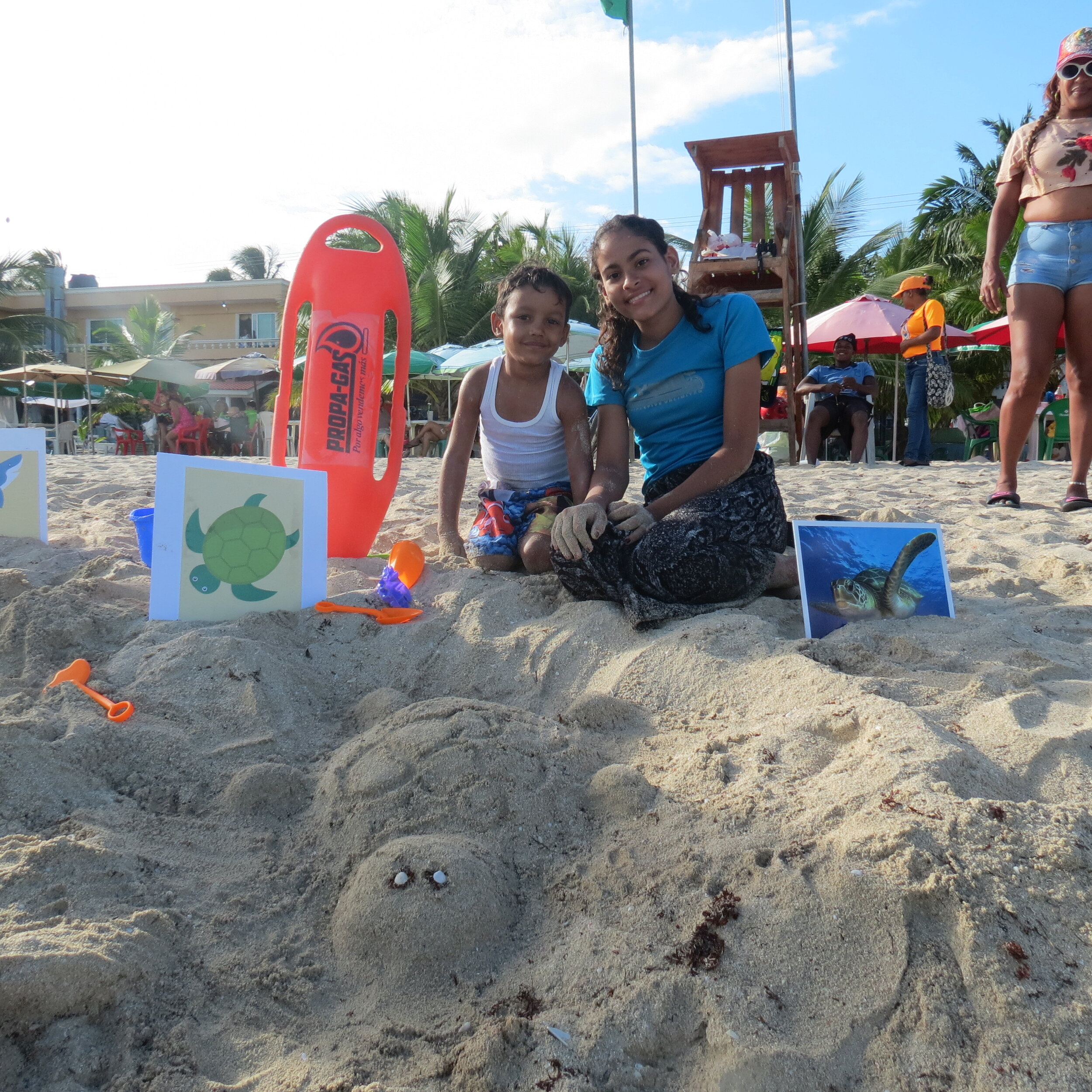Blue Flag promotes food security through activities such as supporting local sustainable fishing communities, protecting fishery nursery habitat and spreading sustainable agriculture practices.
Blue Flag enhances international cooperation in food industry, technology development and rural infrastructure.
Blue Flag is strongly committed to fight food waste and over-exploitation of natural resources through raising awareness activities for children and adults, protecting ecosystems and recycling rainwater in order to reduce the consumption of drinking water. These initiatives encourage sustainable development, benefit local agriculture, stimulate the economy and have a positive impact on ending poverty and hunger.
New Zealand
Only one third of most fish is ever eaten with many of those offcuts ending up in landfills as waste. At the Outboard Boating Club Marina in Auckland there are facilities for boat owners to clean and fillet their own fish. Thanks to the Kai Ika Project, running since 2016, the offcuts (fish heads, frames and offal), which would normally have been discarded, are now stored and delivered daily to Papatūānuku Kokiri Marae (Maori Meeting Ground). This initiative contributes to reducing hunger and reinvigorating the Maori cultural tradition of using all parts of the fish, providing nutritious food for up to 60 families in this community where fast food outlets are increasingly common. To date, Outboard Boating Club have given away more than 30 tons of fish offcuts as part of this project since 2016. Recently the Kai Ika project was highly commended at the New Zealand Sustainable Business Network Awards in the category Repurposing Food.
Dominican republic
One of Blue Flag’s goals in Dominican Republic is to educate people about the sustainable use of natural resources (including food) and larger ecosystems management. Through educating people on these topics, the risk of hunger is also reduced, as waste is avoided and food can be enjoyed by a wider number of people. Particularly, children are involved in activities regarding the importance of fisheries and marine biodiversity
